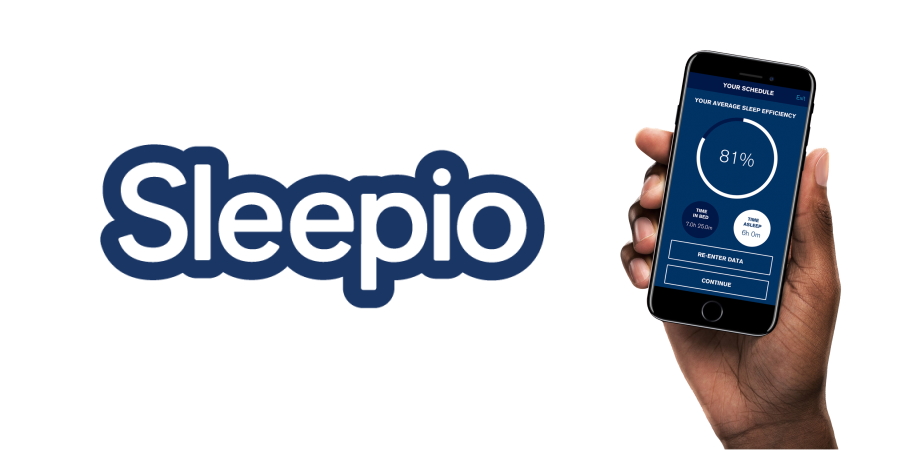NICE uncertain on insomnia app Sleepio in draft guidance

Big Health's Sleepio app for insomnia has been cautiously backed by NICE in preliminary guidance, although the cost-effectiveness agency says more data on longer-term use is needed.
The document says that Sleepio shows promise as a treatment for insomnia in primary care that could be an alternative medicines and sleep hygiene advice, but it is uncertain whether it will be cost-saving for the NHS.
NICE's appraisal committee would like to see real-world data gathered for at least three years to explore that further.
"Cost modelling shows reduced healthcare costs at 65 weeks, mostly because of reduced GP appointments and sleeping pills prescribed," said NICE, but added there is an overall cost to the NHS at one year of around £16 because of the price of the technology that "could result in a high total cost to the NHS."
"To be cost saving, Sleepio would need to reduce healthcare costs for at least three years," it continued. Moreover, the health technology assessment (HTA) body also thinks the app should not be recommended for people with insomnia who would be eligible for face-to-face cognitive behavioural therapy (CBT) in primary care, due to a lack of head-to-head comparative evidence.
The lukewarm response to Sleepio is in contrast with the situation in Scotland, which became the first country to make the insomnia digital therapeutic available on a national basis, along with another developed by Big Health for anxiety called Daylight.
The two digital therapeutics previously had partial availability in Scotland as first-line treatments for anxiety and insomnia in five of its 14 NHS Health Boards since October 2020.
In NHS trials, patients with anxiety or depression who signed up to use Sleepio over six weeks achieved significantly better improvement in insomnia symptoms compared to controls, with a recovery rate of nearly 65% versus 58%.
According to NHS practice, people with insomnia are generally first offered advice about sleep hygiene – going to bed at regular times and avoiding device use for an hour or so before bedtime for example.
A short course of medication can be prescribed if that does not work, and the insomnia is likely to resolve soon. CBT is generally preferred for more deep-seated insomnia, particularly when it is secondary to mental health issues, but that is not offered routinely in the NHS.
The consultation document is open for comment until 29 November, with final recommendations schooled by 12 May next year.












